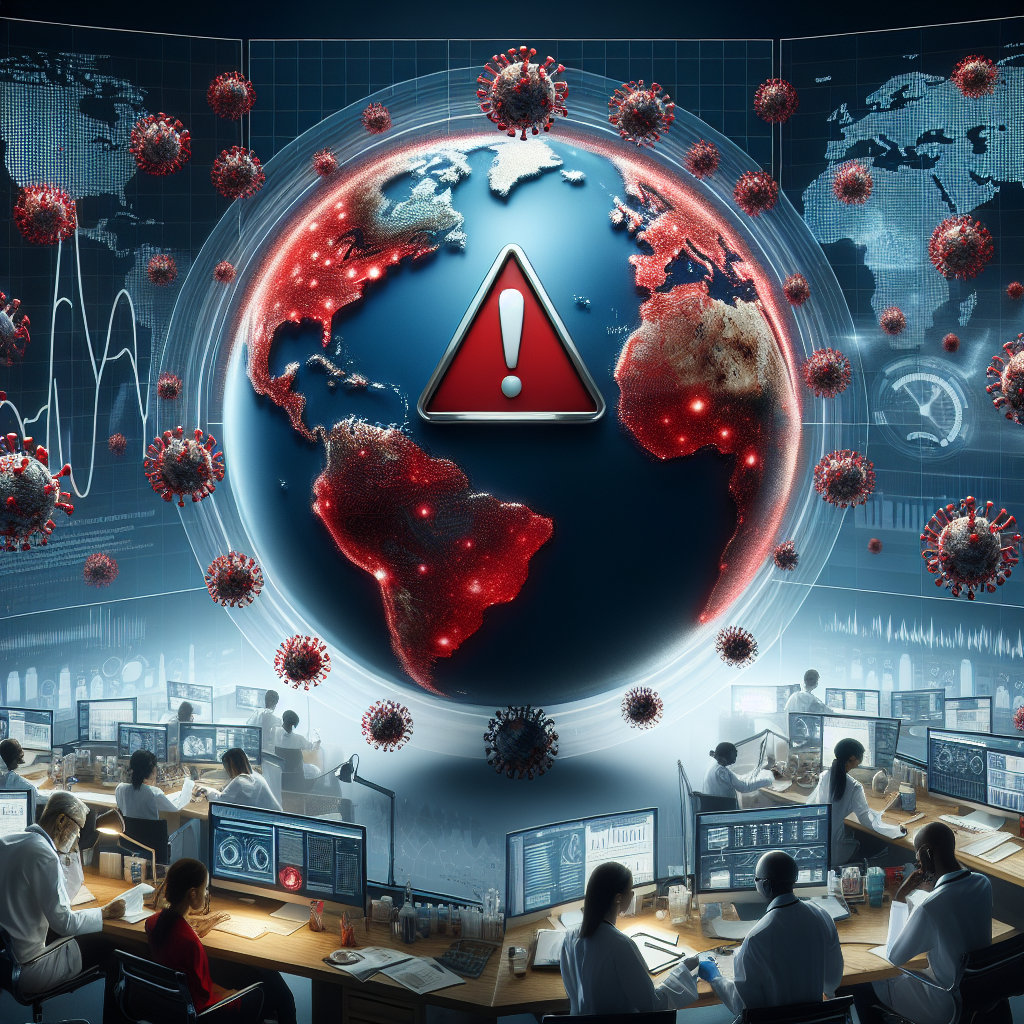Health Alert: Experts Warn of a Potential Global Outbreak
In recent weeks, leading health experts and international organizations have raised alarms about the potential for a new global outbreak of an unidentified infectious disease. This growing concern stems from a combination of unusual patterns in reported illnesses, coupled with rapid international travel which could facilitate the spread of diseases much faster than in previous decades.
Unidentified Illness and Increasing Cases
The warning first emerged when clusters of atypical pneumonia-like cases began appearing in several locations worldwide. These cases were marked by a sudden onset of high fever, respiratory difficulties, and in severe instances, organ failure. Despite exhaustive analysis, health authorities have not yet pinpointed the exact pathogen responsible. Such uncertainty has only fueled anxiety among the global community.
Healthcare professionals emphasize that while the symptomatology resembles certain viral infections, there are distinctive aspects that evade current diagnostic criteria. “We are looking at something that could very well manifest into a new kind of challenge for our healthcare systems,” stated Dr. Amina Gupta, a leading virologist from the World Health Organization (WHO).
Heightened Preparedness and Surveillance
In response to these developments, the WHO has issued a ‘situational alert’, encouraging nations to enhance their surveillance measures and reporting systems. The organization is working closely with national disease control centers to bolster laboratory capacities and facilitate the rapid sharing of information.
“Early detection is crucial,” stressed Dr. Peter Munroe, head of the WHO’s Emergency Health Program. “We are at a pivotal stage where enhanced vigilance and international cooperation can make a significant difference in containment efforts.”
Public Health Measures and Recommendations
Governments around the world have begun implementing precautionary measures. Many have advised citizens to avoid non-essential travel to heavily affected areas and to adhere strictly to enhanced hygiene practices such as regular handwashing and wearing face masks.
Additionally, some countries have begun screening incoming travelers at airports, employing thermal scanning and mandatory health declarations. While these measures may seem stringent, experts insist that such vigilance is necessary to prevent further spread.
Meanwhile, researchers are working tirelessly to decipher the genome of the pathogen, with the hope of developing a strategic intervention, whether in the form of antiviral medications or, ultimately, a vaccine.
Community Engagement and Education
Public health officials are striving to maintain transparency and communicate developments effectively to the public. Misinformation and panic can exacerbate the situation, so education on preventive behaviors and the current state of the outbreak is being prioritized.
Social media platforms, which have played a pivotal role in previous health crises, are also being leveraged to disseminate verified information and counteract the rapid spread of misleading data.
Conclusion
As the world stands on the precipice of a potential health crisis, the importance of global cooperation and resource-sharing cannot be overstated. While uncertainty surrounds this emerging threat, the unified efforts of the international health community offer hope in our ability to combat and perhaps preempt the repercussions of a widespread outbreak.
Governments, healthcare providers, and the public alike must remain informed and prepared as the situation evolves. Through resilience and cooperation, it is possible to mitigate the effects of this nascent threat and protect communities worldwide.














Leave feedback about this
You must be logged in to post a comment.